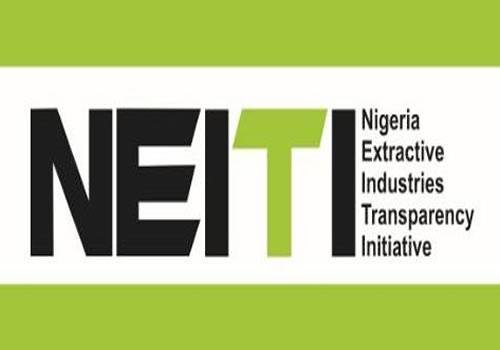The Nigeria Extractive Industries Transparency Initiative (NEITI) has commenced a weeklong ‘Strategic Retreat and Board Meeting’ in Umuahia, Abia State, as part of efforts to review its national strategy on energy transition.
The strategic retreat seeks to strengthen institutional reforms and deepen partnerships with states on natural resource governance and domestic revenue mobilisation.
Supported by the Ford Foundation, the retreat brings together members of the NEITI National Stakeholders’ Working Group (NSWG) and Senior Management Team to deliberate on the ongoing NEITI research study on the impact of energy transition on Nigeria’s economy, as well as review policy implementation and strategic alignment under NEITI’s Five-Year Strategic Plan.
Declaring the Retreat open, George Akume, secretary to government of the federation (SGF), who is also chairman of the NEITI Board, announced that the federal government has adopted the National Energy Transition Policy and is committed to pursuing a just, inclusive, and beneficial energy transition.
He emphasised the importance of a measured, evidence-based approach that balances the urgent global shift with national development priorities—particularly revenue protection, job retention, energy security, gender equity, and citizen-focused development.
“President Bola Ahmed Tinubu’s administration has embraced the National Energy Transition Policy as a strategic blueprint for a cleaner, greener, and more resilient energy future.
“Our goal is to achieve net-zero emissions by 2060 without leaving anyone behind—especially our rural and vulnerable communities,” the SGF stated.
Welcoming the delegation, Alex Otti, governor of Abia State, described the retreat as a significant vote of confidence in Abia’s emerging role as a hub for reform-oriented governance and development partnerships.
He expressed deep appreciation to NEITI for choosing Umuahia to host this high-level national engagement.
Otti emphasised that while Nigeria has not fully realised the benefits of its abundant natural resource endowment, the tide is turning.
“Poverty and wealth are often a function of how natural resources are harnessed and distributed. Where extractives are exploited responsibly and revenue is transparently and equitably applied, prosperity follows. NEITI has emerged as one of the key institutions working to correct past wrongs and institutionalize transparency and accountability in Nigeria’s resource governance,” Otti said.
He lauded NEITI’s pioneering efforts in driving reforms and promoting credible data disclosures, noting that Abia State is prepared to align with NEITI’s standards.
Orji Ogbonnaya Orji, executive secretary, NEITI, said the retreat is a serious working session, convened at a time of major global shifts.
“The world is moving rapidly from fossil fuels to low-carbon alternatives. For Nigeria, this transition presents complex fiscal, social, and structural challenges—but also unique opportunities to diversify our economy and build resilience. That’s why NEITI, under NSWG guidance, commissioned a national study to inform policy with credible data,” he said.
Also speaking, Gilbert Makore, regional director for Africa at the EITI International Secretariat in Oslo, Norway, praised NEITI’s consistency in publishing timely and credible data on Nigeria’s extractive industries.

